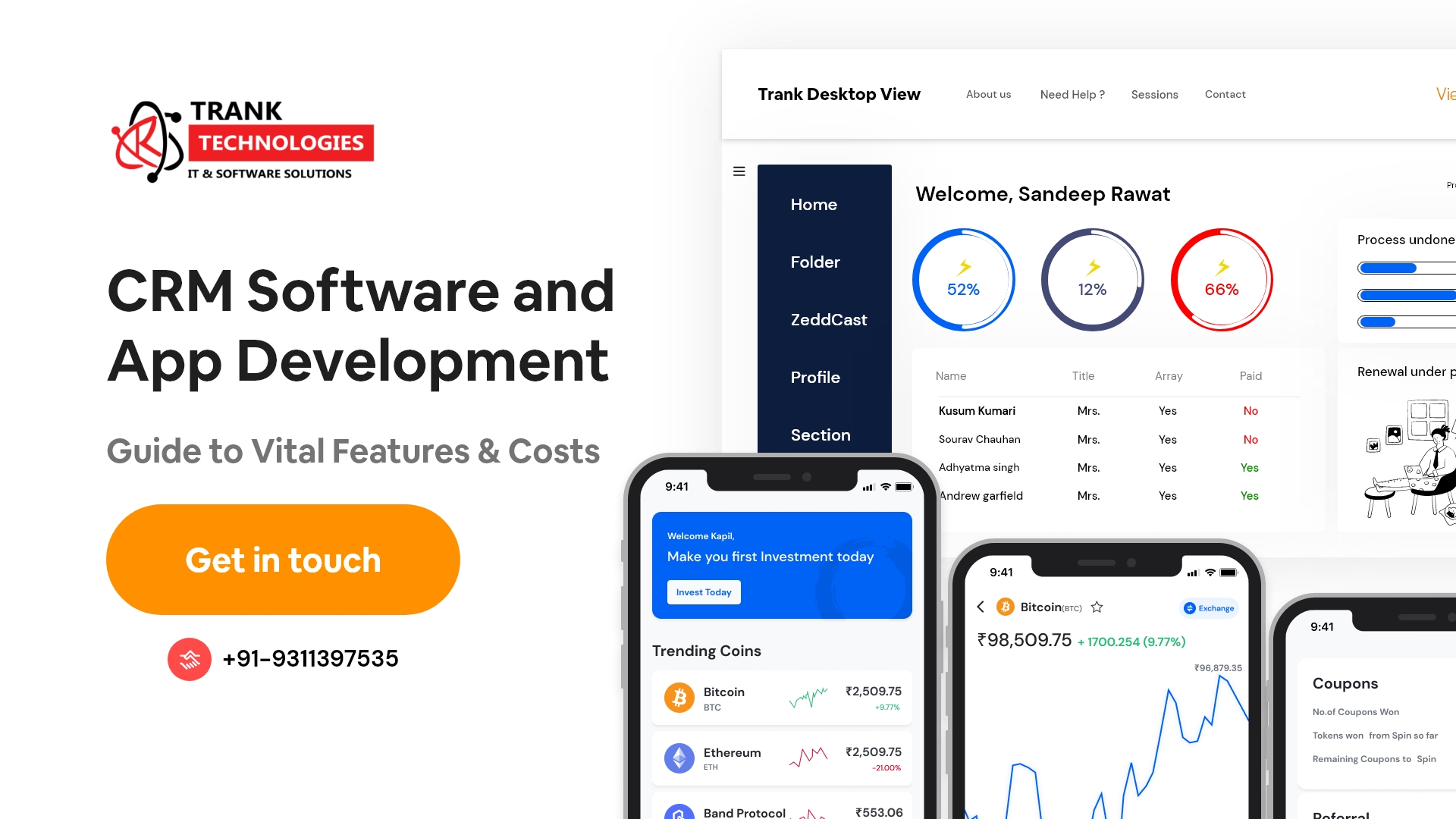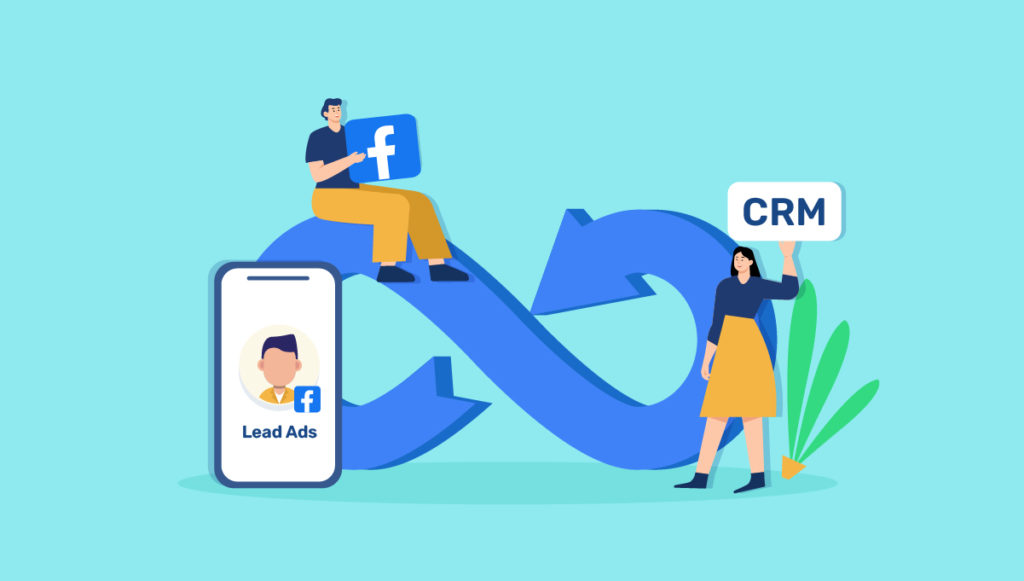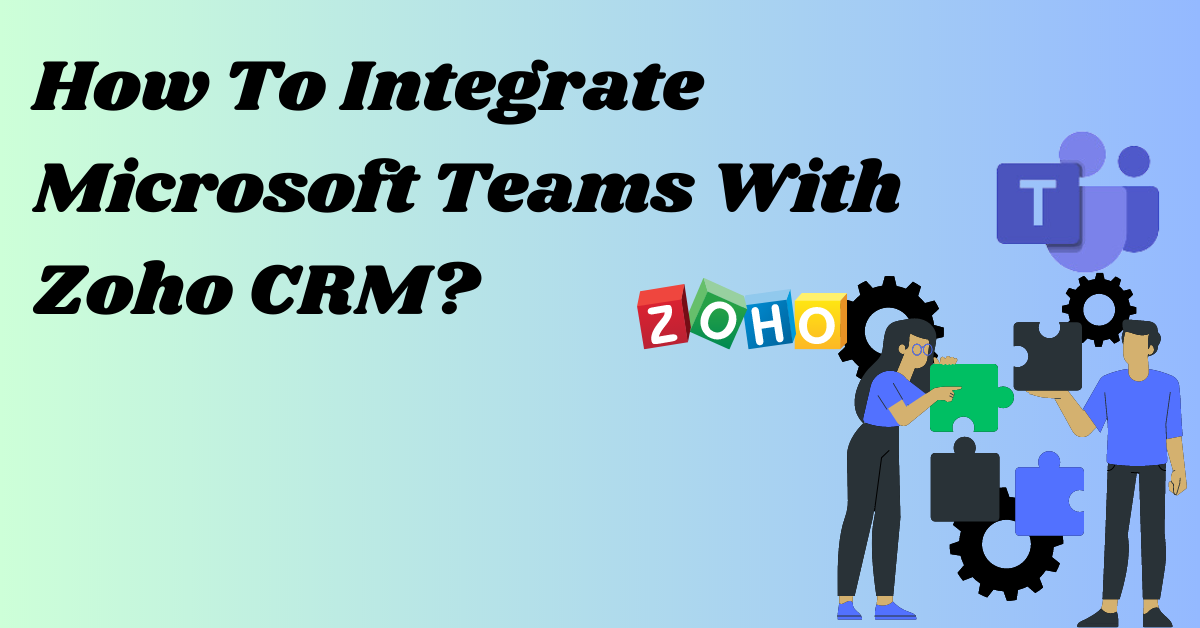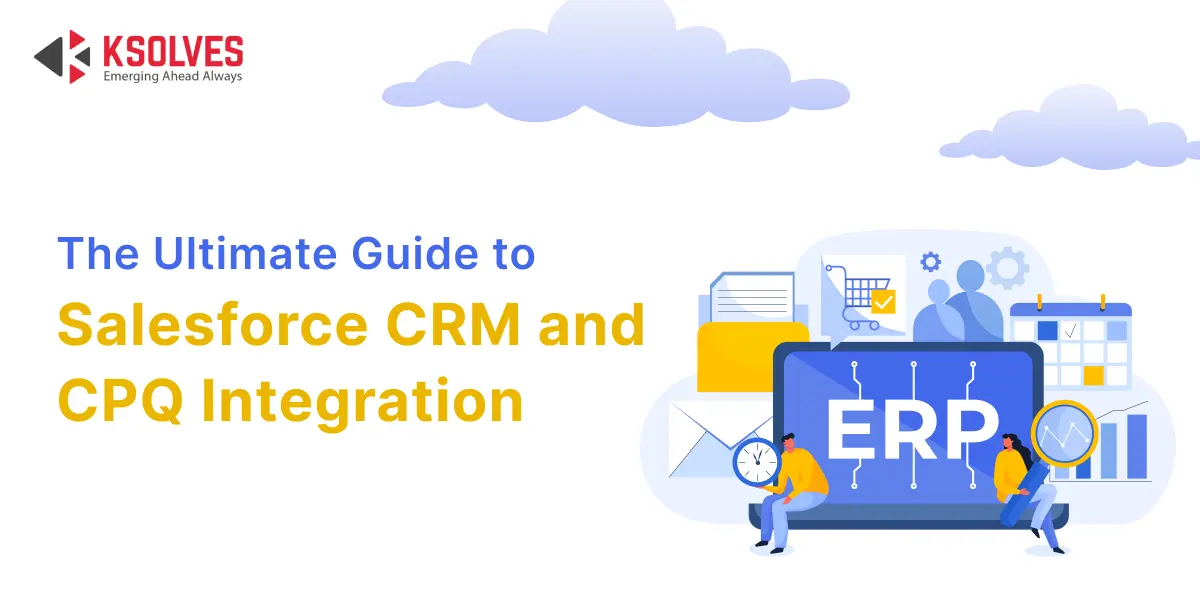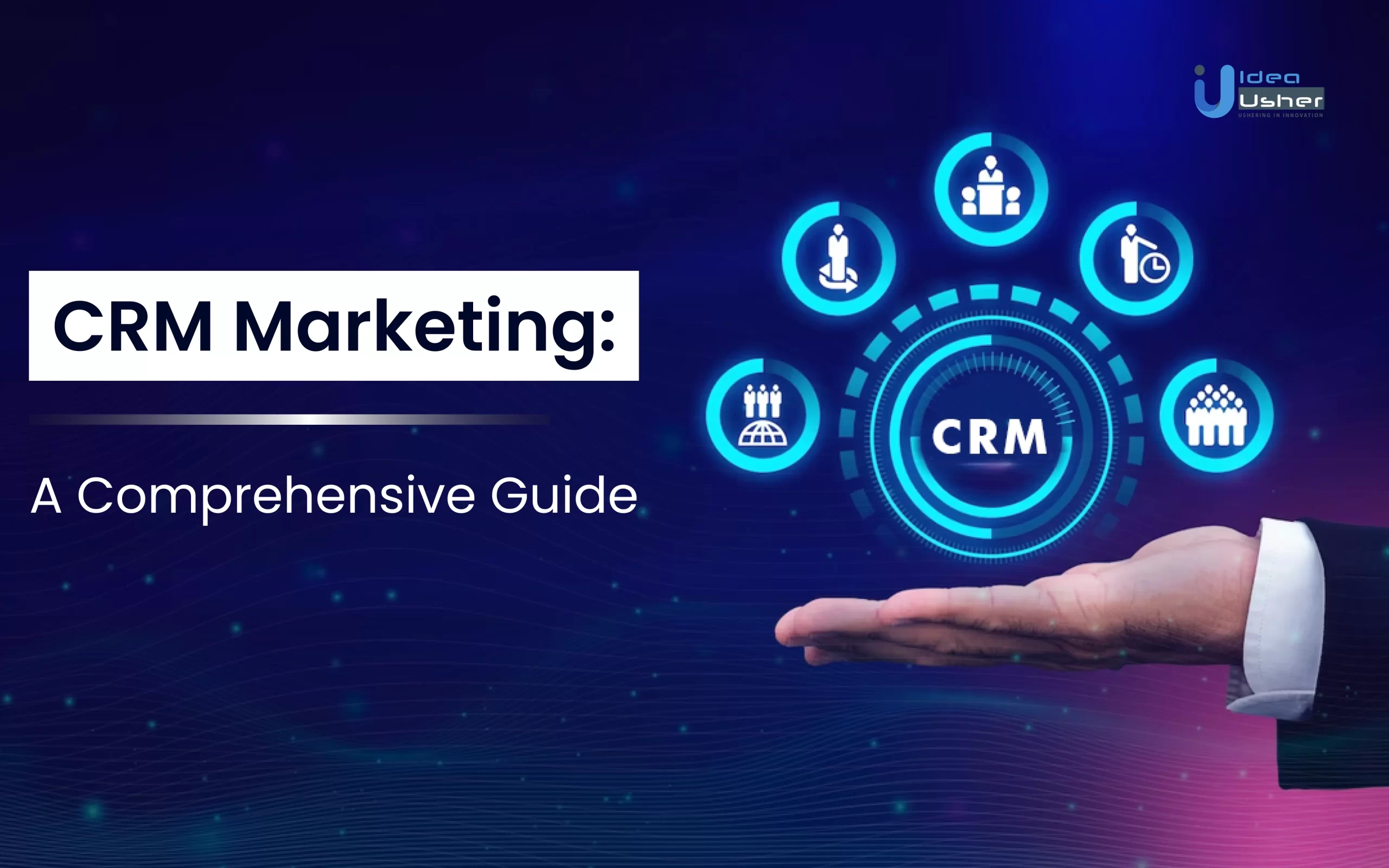Supercharge Your Events: A Comprehensive Guide to CRM Marketing Event Planning
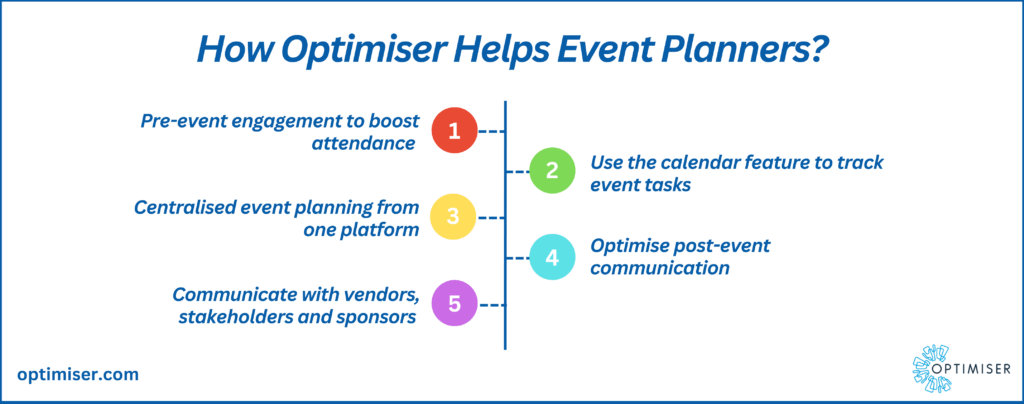
Supercharge Your Events: A Comprehensive Guide to CRM Marketing Event Planning
In the dynamic world of marketing, events stand out as powerful tools for building brand awareness, generating leads, and fostering customer loyalty. However, organizing and executing successful events is no easy feat. It requires meticulous planning, effective promotion, and seamless execution. This is where the synergy of CRM (Customer Relationship Management) and event planning comes into play. By integrating your CRM system with your event strategy, you can transform your events from isolated initiatives into integral components of your overall marketing efforts. This comprehensive guide delves into the intricacies of CRM marketing event planning, providing you with the knowledge and strategies needed to create events that not only captivate your audience but also deliver tangible results.
Understanding the Power of CRM in Event Planning
At its core, CRM is about understanding and nurturing relationships with your customers. It’s a system that allows you to centralize customer data, track interactions, and personalize your communications. When applied to event planning, CRM becomes an invaluable asset. It provides the data-driven insights you need to make informed decisions, optimize your event strategy, and measure your return on investment (ROI).
Key Benefits of Using CRM for Event Planning:
- Targeted Audience Segmentation: CRM enables you to segment your audience based on various criteria, such as demographics, interests, purchase history, and engagement levels. This allows you to tailor your event invitations and content to specific groups, increasing the likelihood of attendance and engagement.
- Personalized Invitations and Communications: With CRM, you can personalize your event invitations and follow-up communications with each attendee. This level of personalization can significantly enhance the attendee experience and make them feel valued.
- Streamlined Registration and Management: CRM systems often integrate with event registration platforms, streamlining the registration process and providing you with real-time insights into attendee numbers and preferences.
- Improved Lead Generation and Nurturing: Events are excellent lead generation opportunities. CRM allows you to capture lead information at your events and nurture those leads through targeted email campaigns and personalized follow-up activities.
- Enhanced Event ROI Measurement: CRM provides the data you need to track key metrics, such as attendance rates, lead generation, sales conversions, and customer satisfaction. This data allows you to measure the ROI of your events and identify areas for improvement.
Planning Your CRM-Driven Event: A Step-by-Step Guide
Planning a successful CRM-driven event requires a strategic and organized approach. Here’s a step-by-step guide to help you get started:
1. Define Your Event Goals and Objectives
Before you start planning any event, it’s crucial to define your goals and objectives. What do you want to achieve with this event? Are you aiming to generate leads, build brand awareness, launch a new product, or strengthen customer relationships? Clearly defined goals will guide your planning process and help you measure your event’s success. Be SMART (Specific, Measurable, Achievable, Relevant, Time-bound) about setting your objectives.
2. Identify Your Target Audience
Who are you trying to reach with your event? Use your CRM data to segment your audience based on relevant criteria. Consider factors such as demographics, interests, purchase history, and engagement levels. Understanding your target audience will help you tailor your event content, format, and promotion efforts.
3. Choose the Right Event Format
The event format should align with your goals, objectives, and target audience. Consider the following event formats:
- Webinars: Ideal for educational content, product demos, and thought leadership.
- Workshops: Offer hands-on training and interactive learning experiences.
- Conferences: Large-scale events for networking, industry insights, and product showcases.
- Trade Shows: Opportunities to exhibit your products and services and connect with potential customers.
- Networking Events: Focused on fostering connections and building relationships.
- Product Launches: Generate excitement and introduce new products to the market.
4. Select a Date and Venue
Choose a date and venue that are convenient for your target audience. Consider factors such as location, accessibility, and capacity. If you’re hosting a virtual event, select a reliable platform that offers the features you need.
5. Develop a Detailed Event Plan
Create a detailed event plan that outlines all the tasks, timelines, and responsibilities involved in the event. This plan should include:
- Event budget: Estimate all event-related expenses and set a budget.
- Event agenda: Outline the schedule of activities, including speakers, presentations, and breaks.
- Marketing plan: Develop a plan to promote your event and attract attendees.
- Registration process: Set up a registration system that integrates with your CRM.
- Event logistics: Arrange for catering, AV equipment, and other logistical needs.
6. Integrate Your CRM with Your Event Planning Platform
The key to CRM-driven event planning is integrating your CRM system with your event planning platform. This integration allows you to:
- Import and segment your CRM contacts.
- Send personalized invitations and communications.
- Track registrations and attendance.
- Capture lead information.
- Measure event ROI.
Most CRM systems offer integrations with popular event planning platforms, such as Eventbrite, Cvent, and SplashThat.
7. Promote Your Event Effectively
A well-executed event is only successful if people attend. Develop a comprehensive marketing plan to promote your event and attract your target audience. Consider the following promotion channels:
- Email marketing: Send targeted email invitations and reminders to your CRM contacts.
- Social media marketing: Promote your event on social media platforms and use relevant hashtags.
- Paid advertising: Run paid advertising campaigns on social media and search engines.
- Content marketing: Create blog posts, articles, and other content related to your event topic.
- Public relations: Reach out to media outlets and industry influencers to generate buzz about your event.
8. Manage Event Registration and Attendee Communications
Use your CRM to manage event registration and attendee communications. Send automated confirmation emails, reminders, and pre-event information. Segment your attendees based on their registration status (e.g., registered, attended, no-show) and tailor your communications accordingly.
9. Execute Your Event Seamlessly
On the day of the event, ensure that everything runs smoothly. Have a dedicated team in place to handle registration, technical support, and other logistical needs. Provide excellent customer service to your attendees and make them feel welcome.
10. Follow Up After the Event
The event doesn’t end when the last attendee leaves. Following up after the event is crucial for nurturing leads, building relationships, and measuring your event’s success. Send thank-you emails to attendees, share event recordings and presentations, and follow up with leads to move them further down the sales funnel. Use your CRM to track post-event activities and measure your results.
Leveraging CRM for Event Marketing Success: Advanced Strategies
Once you’ve mastered the basics of CRM-driven event planning, you can explore advanced strategies to maximize your event marketing success.
1. Personalization at Scale
Go beyond basic personalization by leveraging your CRM data to create highly personalized event experiences. Tailor event content, activities, and networking opportunities to individual attendee interests and preferences. Use dynamic content in your email communications to show relevant information to each recipient.
2. Event-Specific Lead Scoring
Implement lead scoring specifically for your event. Assign points to leads based on their engagement with your event, such as registration, attendance, participation in activities, and interactions with your sales team. This will help you prioritize your follow-up efforts and identify the most qualified leads.
3. Integration with Marketing Automation
Integrate your CRM with your marketing automation platform to create automated follow-up sequences. For example, you can trigger automated email campaigns based on attendee behavior, such as event attendance, content downloads, or booth visits. This will help you nurture leads and move them further down the sales funnel.
4. Feedback Collection and Analysis
Gather feedback from your attendees through surveys and feedback forms. Use your CRM to track and analyze this feedback to identify areas for improvement and inform your future event planning efforts. Integrate feedback data with other CRM data to gain a holistic view of your customer experience.
5. Data-Driven Event Optimization
Continuously analyze your event data to optimize your event strategy. Track key metrics, such as attendance rates, lead generation, sales conversions, and customer satisfaction. Use this data to identify what’s working and what’s not and make adjustments to your event planning process accordingly. Experiment with different event formats, promotion channels, and content strategies to see what yields the best results.
Choosing the Right CRM for Your Event Needs
Selecting the right CRM system is crucial for successful event planning. Consider the following factors when evaluating CRM options:
- Features: Does the CRM offer the features you need for event planning, such as contact management, segmentation, email marketing, event registration, and lead scoring?
- Integrations: Does the CRM integrate with your existing tools and platforms, such as your event planning platform, email marketing platform, and social media platforms?
- Scalability: Can the CRM scale to meet your growing needs as your business expands?
- Ease of use: Is the CRM easy to use and navigate?
- Pricing: Does the CRM fit within your budget?
- Customer support: Does the CRM provider offer adequate customer support?
Some popular CRM systems that are well-suited for event planning include:
- Salesforce: A powerful and feature-rich CRM with robust event planning capabilities.
- HubSpot CRM: A user-friendly CRM with excellent marketing automation features.
- Zoho CRM: A cost-effective CRM with a wide range of features.
- Pipedrive: A sales-focused CRM that is well-suited for lead generation and follow-up.
- Microsoft Dynamics 365: A comprehensive CRM solution with strong event management features.
Case Studies: CRM in Action for Event Marketing
Let’s look at a couple of examples of how businesses have successfully used CRM for their event marketing:
Case Study 1: Tech Startup
A tech startup wanted to increase brand awareness and generate leads for its new software product. They used their CRM to segment their target audience based on industry, job title, and company size. They then created personalized email invitations and promoted the event on social media. During the event, they captured lead information through a registration form integrated with their CRM. After the event, they sent targeted follow-up emails to attendees based on their engagement with the event content. As a result, the startup generated a significant number of qualified leads and saw a noticeable increase in website traffic and product demo requests.
Case Study 2: Non-Profit Organization
A non-profit organization used its CRM to plan and promote its annual fundraising gala. They segmented their donor database and sent personalized invitations to different donor segments based on their giving history and interests. They used their CRM to manage ticket sales, track donations, and communicate with attendees before, during, and after the event. They also used their CRM to analyze event data, such as attendance rates and fundraising results, to improve their event planning process for future events. The gala was a resounding success, raising more funds than ever before and strengthening relationships with key donors.
Common Challenges and How to Overcome Them
While CRM-driven event planning offers significant benefits, you may encounter some challenges along the way. Here are some common challenges and how to overcome them:
1. Data Silos
If your customer data is scattered across different systems, it can be difficult to get a complete view of your customers and personalize your event communications. The solution is to integrate your CRM with all your other systems, such as your email marketing platform, event planning platform, and social media platforms. This will allow you to centralize your customer data and gain a 360-degree view of your customers.
2. Lack of Integration
If your CRM doesn’t integrate with your event planning platform, you’ll have to manually import and export data, which can be time-consuming and prone to errors. Make sure to choose a CRM that integrates with your event planning platform or consider using an event planning platform that integrates with your CRM.
3. Data Quality Issues
If your CRM data is inaccurate or incomplete, it can undermine your event marketing efforts. Regularly clean and update your CRM data to ensure its accuracy. Implement data validation rules to prevent errors from entering your system.
4. Resistance to Change
Introducing a new CRM system or changing your event planning process can be met with resistance from your team. Communicate the benefits of CRM-driven event planning to your team and provide adequate training and support. Involve your team in the planning process to ensure that they understand the value of the new system and processes.
5. Measuring ROI
It can be challenging to measure the ROI of your events. Use your CRM to track key metrics, such as attendance rates, lead generation, sales conversions, and customer satisfaction. Analyze your data to identify what’s working and what’s not and make adjustments to your event planning process accordingly.
The Future of CRM and Event Planning
The integration of CRM and event planning is constantly evolving, with new technologies and trends emerging. Here are some trends to watch for:
- AI-powered personalization: Artificial intelligence (AI) is being used to personalize event experiences at scale. AI can analyze customer data to identify individual preferences and tailor event content, activities, and networking opportunities accordingly.
- Virtual and hybrid events: Virtual and hybrid events are becoming increasingly popular, offering new opportunities for engagement and reach. CRM can be used to manage virtual event registrations, track attendee engagement, and personalize virtual event experiences.
- Mobile event apps: Mobile event apps are becoming essential for providing attendees with event information, networking opportunities, and interactive experiences. CRM can be integrated with mobile event apps to personalize the attendee experience and capture valuable data.
- Data-driven event optimization: Data analytics is being used to optimize event planning and execution. CRM data is used to track key metrics, identify trends, and make data-driven decisions.
By staying informed about these trends, you can ensure that your event marketing strategy remains competitive and effective.
Conclusion: Embrace the Power of CRM for Event Success
CRM marketing event planning is a powerful strategy for creating successful events that generate leads, build brand awareness, and foster customer loyalty. By leveraging the capabilities of your CRM system, you can target your audience more effectively, personalize your communications, streamline your event management, and measure your event ROI. By following the steps outlined in this guide and embracing the latest trends, you can transform your events from isolated initiatives into integral components of your overall marketing efforts. Embrace the power of CRM and unlock the full potential of your event marketing strategy.

